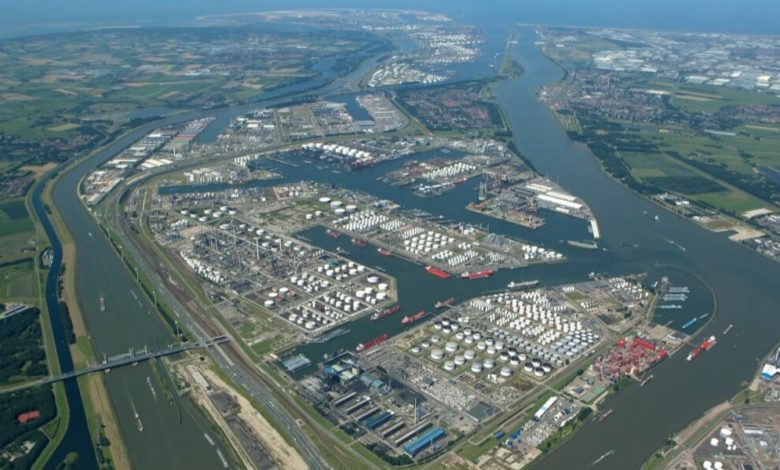Autonomous e-barge to tackle transport bottlenecks

Wärtsilä is moving ahead with EU-funded project work to develop an autonomous, battery-powered barge, described as an intra-port, inter-terminal container shuttle, which should help Europe and other regions cope with transport bottlenecks.
The company will be building on its inland water experience and incorporating a range of solutions, such as the SmartMove Suite, into the development of an e-barge.
Project partner ZES (Zero Emission Services) will also be demonstrating interchangeable energy containers – called ZESPacks – which are charged using renewable energy.
Overland transport modes will not be able to absorb the emerging capacity bottleneck for internal container movement
The work is a sub-project of the five-year, €25 million ($30.4m) EU-funded MAGPIE research project (sMArt Green Ports as Integrated Efficient multimodal hubs) – a collaboration between the port authorities of Rotterdam, DeltaPort (Germany), HAROPA (France: La Havre, Rouen, Paris) and Sines (Portugal), together with 10 other research institutions and over 30 companies in the Netherlands, Germany, France, Portugal and Denmark.
MAGPIE project streams will be examining how transport within, to and from ports can be made carbon-free by 2050. It should also assist the EU in meeting its target of a 25% increase in cargo transportation by short sea shipping.
Hendrik Busshoff, business development engineer at Wärtsilä Voyage, said: “We believe that overland transport modes will not be able to absorb the emerging capacity bottleneck for internal container movement. So, we will be delivering an autonomous e-barge concept that can greatly enhance efficiency in the Port of Rotterdam through automated seaborne cargo transshipment. Our ambition is to see these container shuttles introduced into a smart logistics network within the next few years.”
Ori Marom, director of smart mobility and 5G at Port of Rotterdam, added: “The future of port logistics belongs to intelligent connected and sustainable systems such as the autonomous e-barge system that we now set to develop together.”
